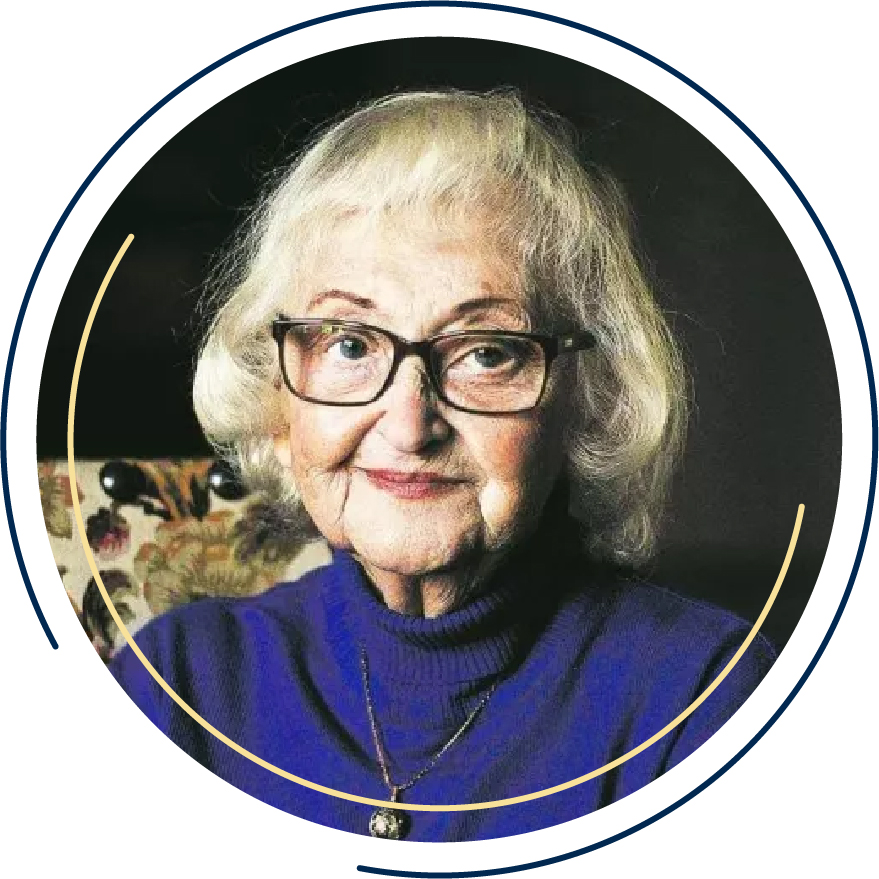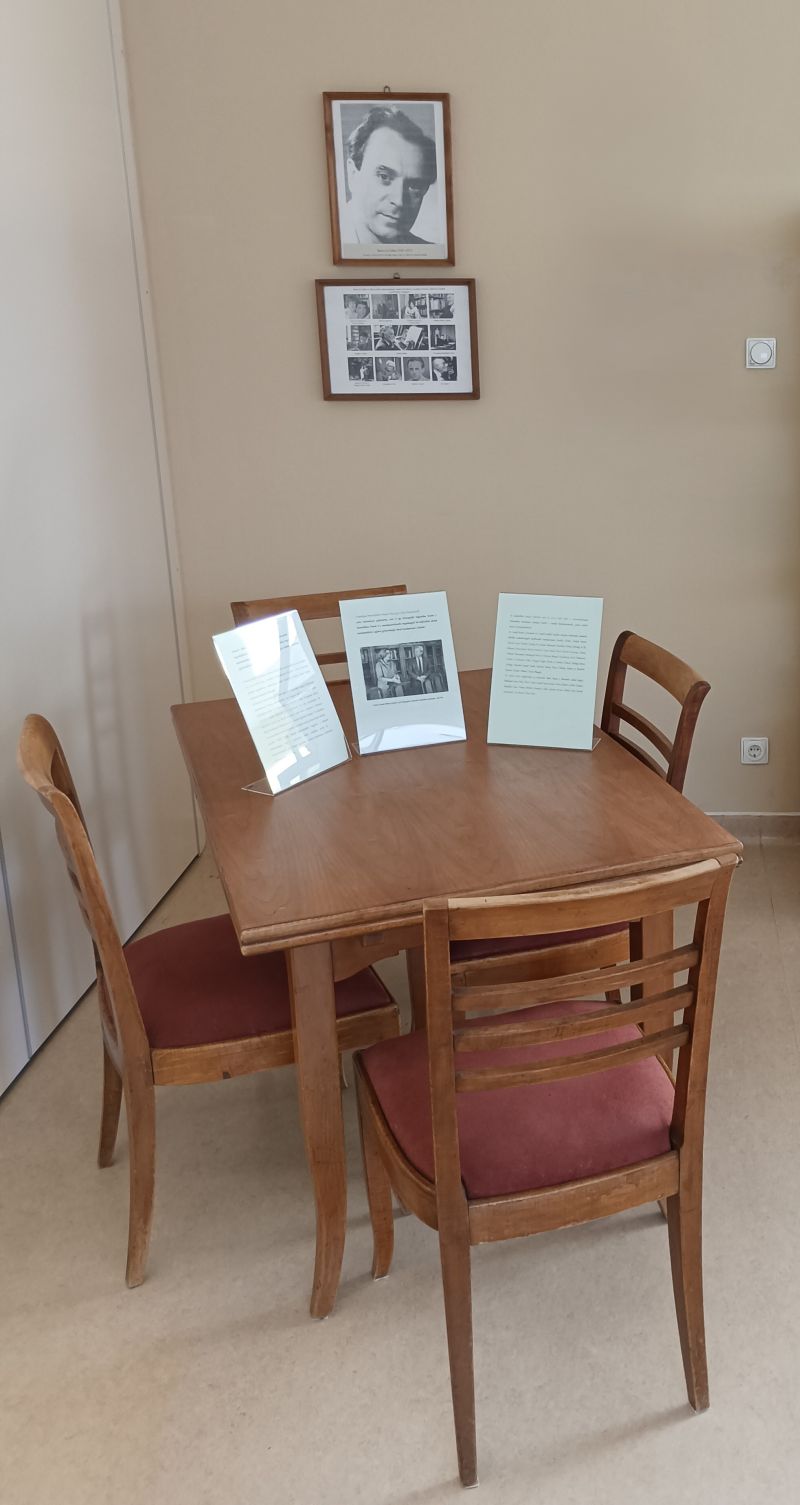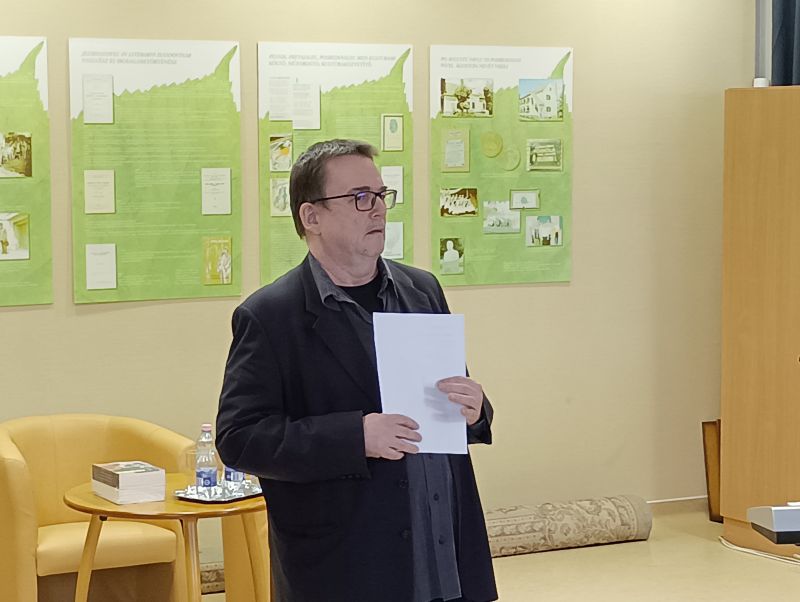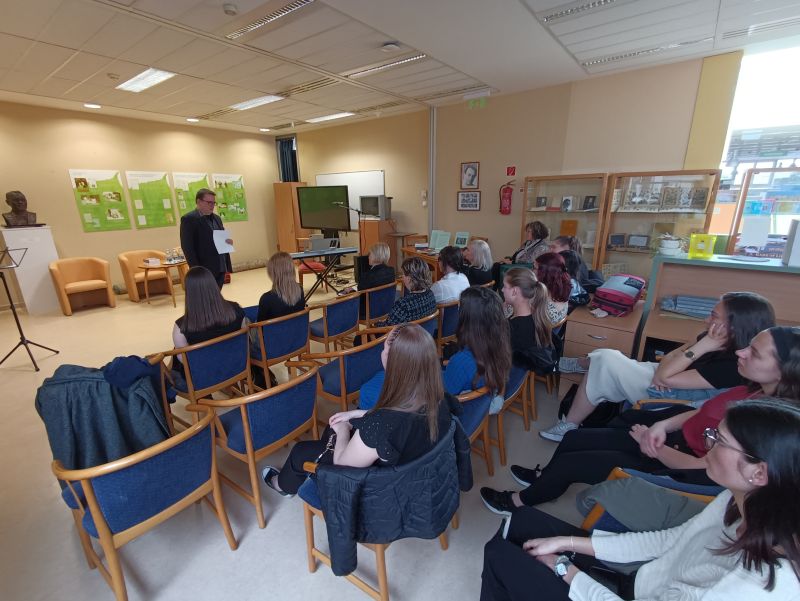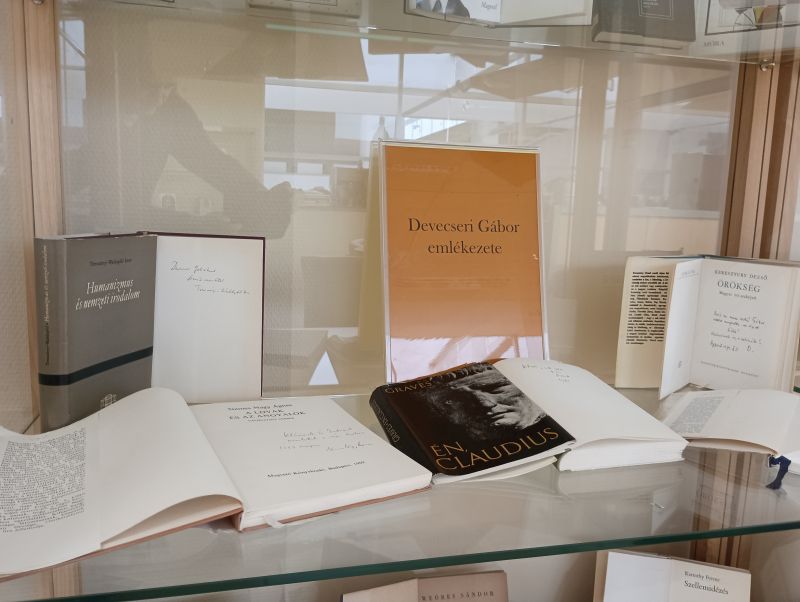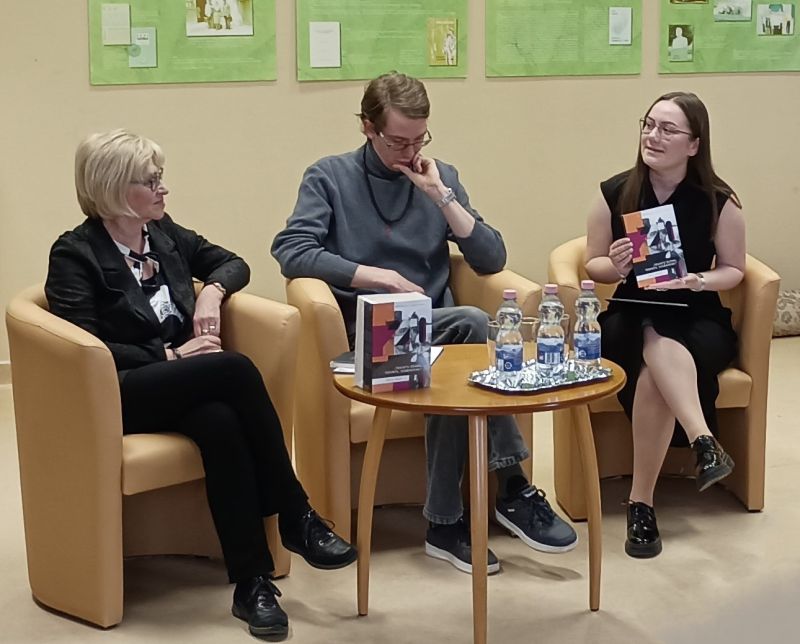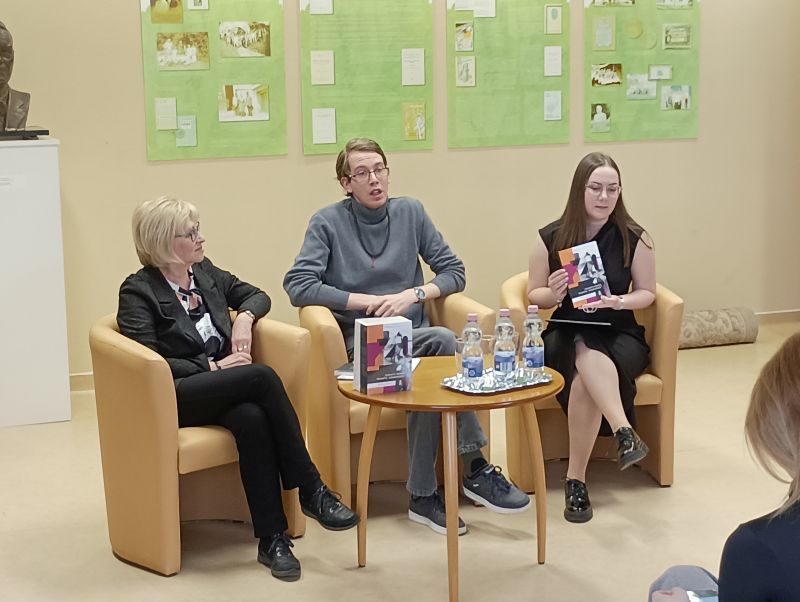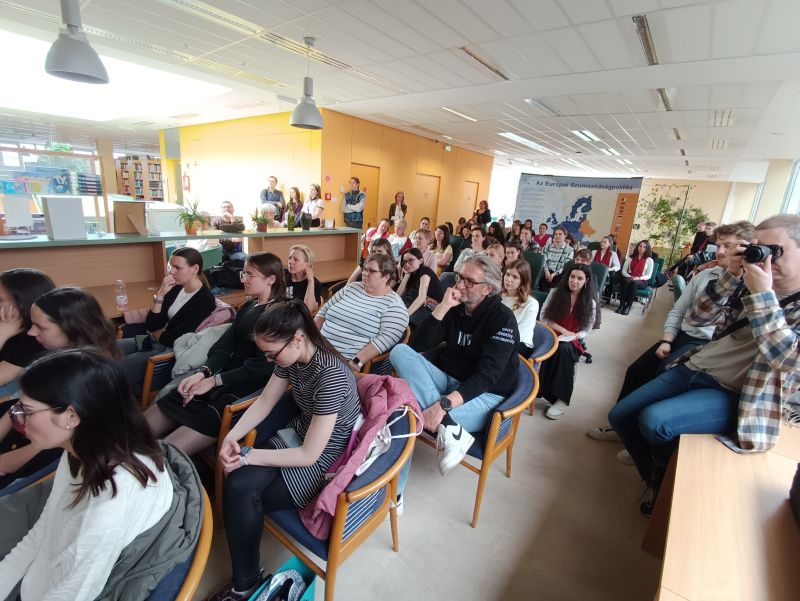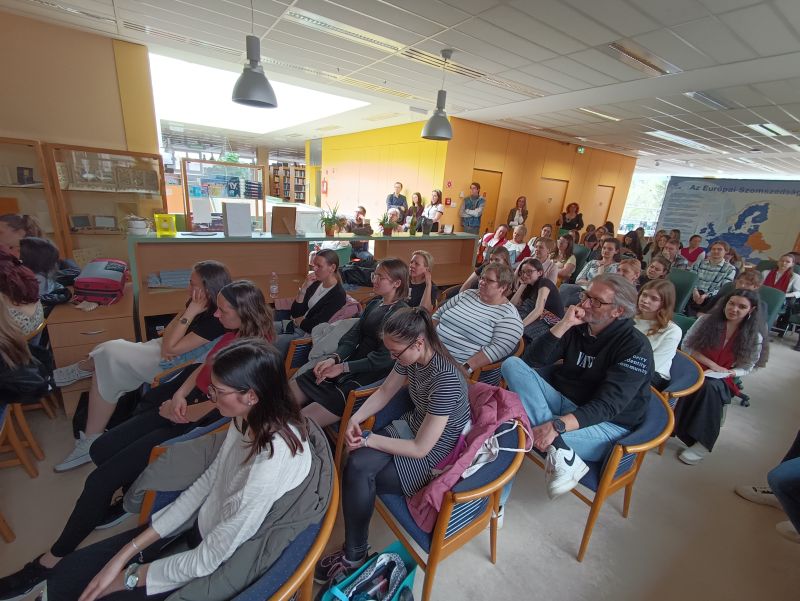The ELTE–NFI University Film Club, run by Eötvös Loránd University in cooperation with the National Film Institute, offers a special, off-site event for university citizens from any faculty of ELTE. The National Film Institute's Film Archive will offer the opportunity to visit the film archive for a screening and discussion.
Participants will also get a first insight into the operation, history and curiosities of the Film Archive and Film Lab, as well as its Library. Then, in the screening room, we will watch the 1940 film Closed Court, directed by Géza Radványi. The screening will be followed by a discussion.
Detailed programme:
10.00 –10.45 History, activities and restoration of the film archive
Short break and walk to the Film Lab
10.55 –11.55 Visit to the Film Lab
10.15 –11.15 Walk to the library
12.00 –12.20 Visit to the Library
Walk to the main building, screening room
Break
12.35-14.05 Film screening: Closed Court
14.15-15.15 Round table discussion with Márton Kurutz, Senior Researcher at the National Film Archive
Date: 25 April 2025, 10:00 am
Venue: Hungarian National Film Archive (1021 Budapest, Budakeszi út 51/C)
At the centre of the film is a love triangle that develops under the attraction of classical music. Péter Szentgyörgyi (József Timár), a famous pianist, falls in love with a young student, Anna (Mária Tasnády-Fekete). Their love is not consummated, and they meet again only five years later, when Anna is married to Péter's friend Gábor Benedek (Antal Páger). Benedek Gábor is a prominent defence lawyer who is working on a case of jealousy murder. The old affection between Peter and Anna is rekindled, and Gábor himself experiences the feeling of jealousy. Although the decision is a difficult one, she is forced to choose between the two men.
The Closed Court is Géza Radványi's first directorial work, which immediately gained him national recognition. Radványi studied in Vienna, Paris and other Western European centres, from where he brought his knowledge to Hungary in the early 1940s. The film fits in with the melodramas of the decade, but its tone is not nearly as sombre as later films. Its humanist approach anticipates the values of the director's later films, and its elegant style is particularly enjoyable.
Please bring snacks and drinks, there is no buffet on site. You are welcome to join only the screening and discussion part.
Meet at the venue at 9.45 am. Access: buses 22, 22A, 222 from Széll Kálmán Square to the Waterworks stop. From the bus stop, walk down Budakeszi street and you will find a small staircase after the chapel leading up to the building.
Correspondence about the film club is welcome to eltenfi.filmklub@elte.hu.
ELTE-NFI Filmclub Facebook page
Registration: https://www.ajk.elte.hu/content/ismerd-meg-a-filmarchivumot-a-filmlabort-es-mozizz-velunk.e.1859
Excerpt from the film: https://youtu.be/N715YtexHVc


